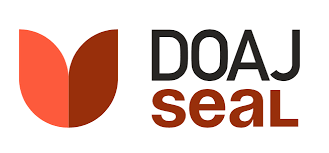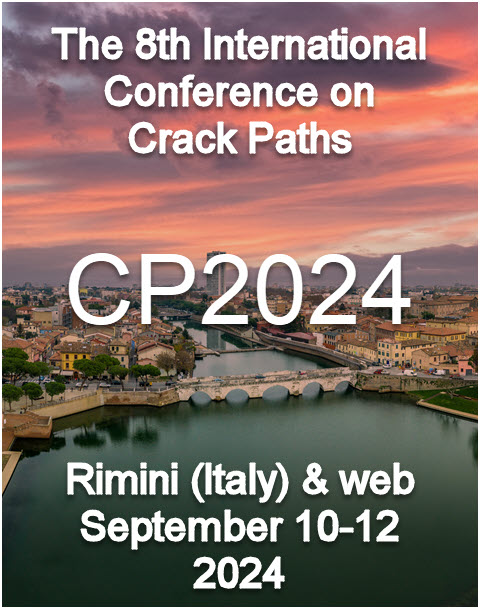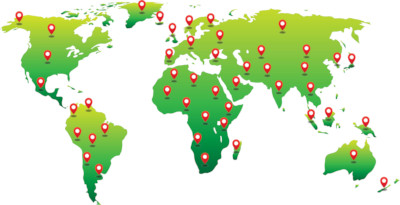Tool wear evaluation of self-propelled rotary tool and conventional round tool during turning Inconel 718
DOI:
https://doi.org/10.3221/IGF-ESIS.70.14Keywords:
Self-propelled rotary tools, Inconel 718, Adhesion, Tool wear, Modeling, Neural networksAbstract
Enhancing the machinability of difficult-to-cut materials is imperative, and a non-conventional rotary tool has shown high potential when machining these materials. This work comparatively evaluates the tool wear of conventional round tools (CRTs) and self-propelled rotary tools (SPRTs) when turning Inconel 718. Tool wear progression over time was measured and analyzed, simulated for various cutting conditions by creating mathematical and ANN models. This study found a 67% increase in tool life for SPRTs over CRTs, especially at a higher cutting speed of 65 m/min, due to improved heat transmission and steady wear distribution. However, at lower cutting conditions, the tool life gain was 15–18%, indicating that SPRTs could be reliably used at higher cutting conditions to achieve a machining economy. SPRTs exhibited better chip control and reduced built-up edge formation than CRTs. The cutting speed had the largest impact on tool flank wear, with machining time, feed, and depth of cut following closely behind. However, this effect was more prominent for CRTs. The 0.2 mm tool wear criterion was found to be more feasible since tool failure was caused by cutting tool chipping at this threshold instead of progressive growth of flank wear during Inconel 718 turning.
Downloads
Downloads
Published
Issue
Section
Categories
License
Copyright (c) 2024 Satish Chinchanikar, Nitin Motgi

This work is licensed under a Creative Commons Attribution 4.0 International License.
Copyright
Authors are allowed to retain both the copyright and the publishing rights of their articles without restrictions.
Open Access Statement
Frattura ed Integrità Strutturale (Fracture and Structural Integrity, F&SI) is an open-access journal which means that all content is freely available without charge to the user or his/her institution. Users are allowed to read, download, copy, distribute, print, search, or link to the full texts of the articles in this journal without asking prior permission from the publisher or the author. This is in accordance with the DOAI definition of open access.
F&SI operates under the Creative Commons Licence Attribution 4.0 International (CC-BY 4.0). This allows to copy and redistribute the material in any medium or format, to remix, transform and build upon the material for any purpose, even commercially, but giving appropriate credit and providing a link to the license and indicating if changes were made.




































